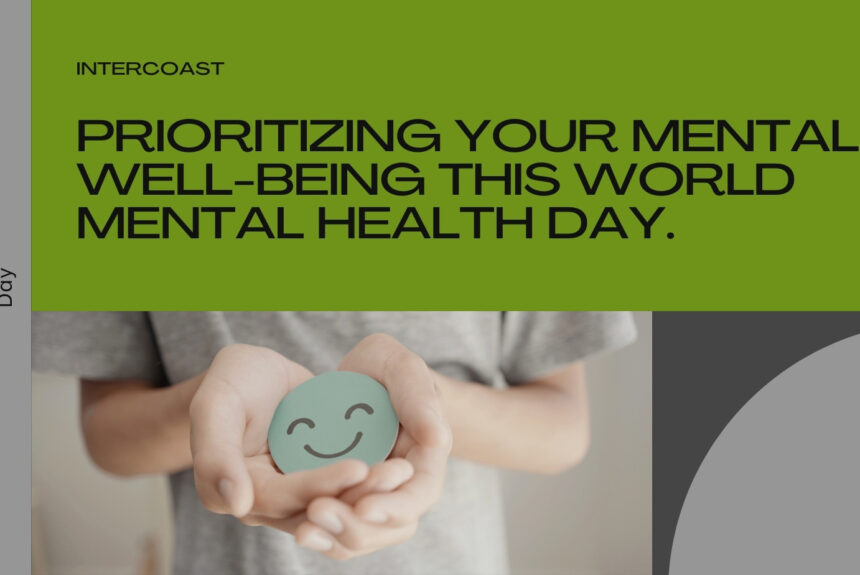Good mental health is essential for our overall well-being. It allows us to cope with the challenges of life, build and maintain relationships, and contribute to our communities. However, one in eight people globally live with a mental health condition, and many more experience mental health problems at some point in their lives.
Despite the importance of mental health, people with mental health conditions often face stigma and discrimination. They may be excluded from social activities, denied employment or housing opportunities, or subjected to abuse and violence. This can have a devastating impact on their lives and can make it difficult or impossible to recover from their mental health condition.
What is mental health?
Mental health is a state of well-being in which an individual realizes his or her own abilities, can cope with the normal stresses of life, can work productively and fruitfully, and is able to make a contribution to his or her community.
Why is mental health important?
Mental health is important because it affects our ability to think, feel, and behave. It also affects our physical health, our relationships, and our ability to enjoy life. People with mental health conditions may have difficulty coping with stress, making decisions, or interacting with others. They may also experience symptoms such as anxiety, depression, or changes in mood or behavior.
What are the signs and symptoms of mental health problems?
The signs and symptoms of mental health problems can vary depending on the condition, but some common signs include:
- Feeling sad or depressed
- Feeling anxious or worried
- Having difficulty sleeping or concentrating
- Feeling irritable or angry
- Having changes in appetite or weight
- Withdrawing from social activities
- Thinking about hurting yourself or others
What causes mental health problems?
There is no single cause of mental health problems. They can be caused by a combination of factors, including:
- Genetics
- Brain chemistry
- Life experiences such as trauma, abuse, or neglect
- Medical conditions
- Substance abuse
How can mental health problems be treated?
There are a number of effective treatments for mental health problems, including:
- Medication
- Therapy
- Lifestyle changes, such as exercise, healthy eating, and getting enough sleep
How can we promote and protect mental health as a universal human right?
There are a number of things that we can do to promote and protect mental health as a universal human right, including:
- Educating the public about mental health. This includes raising awareness of the signs and symptoms of mental health conditions and challenging the stigma and discrimination surrounding mental illness.
- Promoting early intervention and prevention. Many mental health conditions can be prevented or treated early on, so it is important to invest in early intervention and prevention programs.
- Ensuring that everyone has access to quality mental health care. This means making sure that mental health services are affordable, accessible, and culturally appropriate.
- Promoting the rights of people with mental health conditions. This includes ensuring that people with mental health conditions have the same rights as everyone else and are not discriminated against.
Mental health is a universal human right. We all have the right to the highest attainable standard of mental health, and we all have a role to play in promoting and protecting this right. By educating the public about mental health, promoting early intervention and prevention, ensuring that everyone has access to quality mental health care, and promoting the rights of people with mental health conditions, we can create a world where everyone can reach their full potential.


Id like to know that I’m not just living a pipe dream..
Awesome